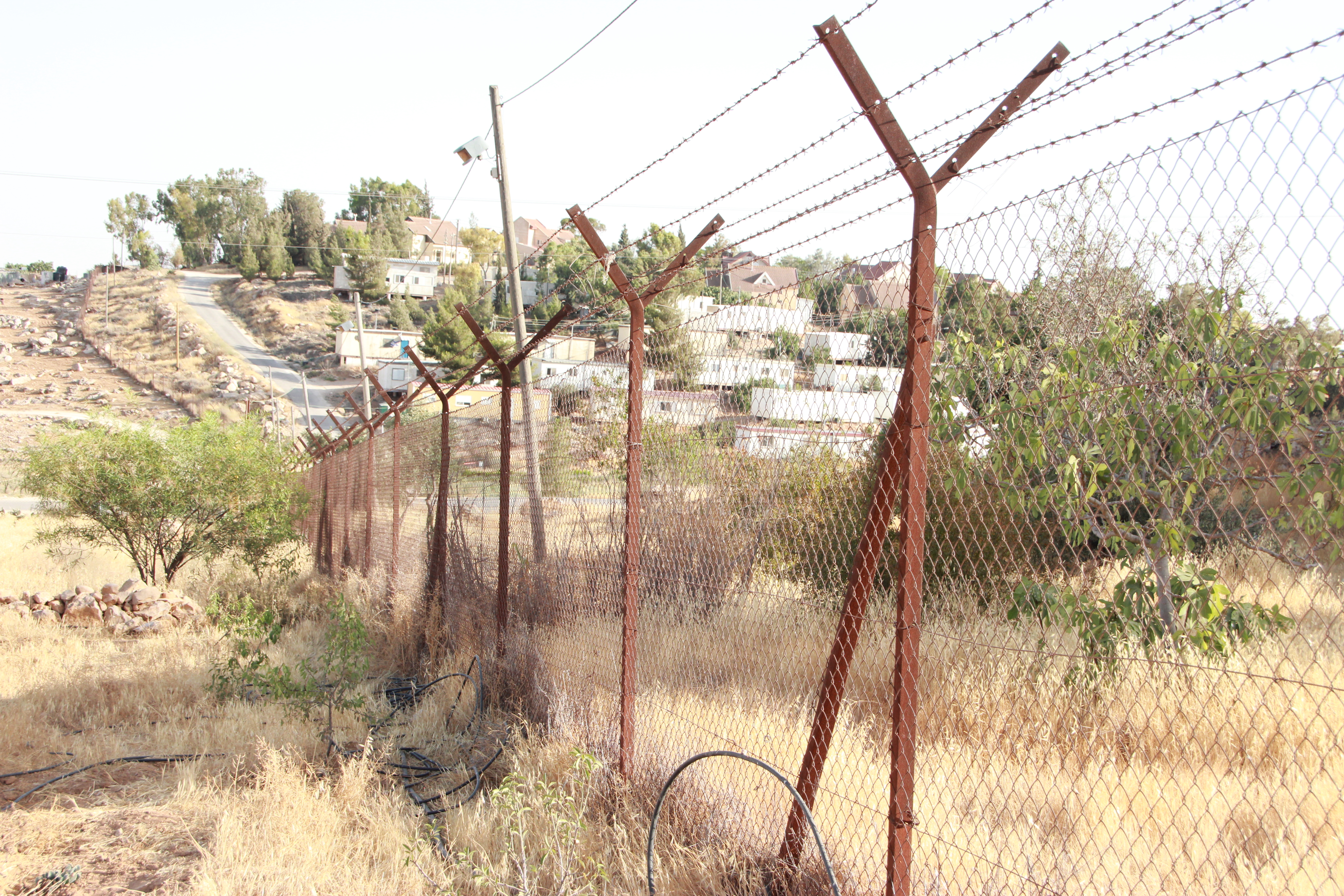Tag: Settler violence
-
8th Kite Festival in Burin
18th July 2017 | International Solidarity Movement, al-Khalil team | Burin, occupied Nablus At the beginning of July the local committee of Burin invited to the town`s 8th Kite Festival of the City. The festival is kind of a tradition for this town, but has not taken place for the last three years, because the…
-
Apartheid illustrated: Israeli soldier shoots another soldier in Hebron
6th July 2017 | International Solidarity Movement, al-Khalil team | Hebron, occupied Palestine On Tuesday, 4th July 2017, Israeli forces were conducting a ‘military training’ in a civilian Palestinian neighborhood near Gilbert checkpoint in Tel Rumeida in occupied al-Khalil (Hebron). The result of this ‘military training’ was a fatal shot by one Israeli soldier to…
-
A day in Umm al-Kheir, threatened by demolition by Israeli forces
29th June 2017 | International Solidarity Movement, al-Khalil team | Hebron, occupied Palestine Our day in Umm al Kheir started with a common flying checkpoint, set up by the Israeli forces in Zif. Our mini-bus driver dind’t want to pass this control so we got out of the car and walked through the control and…



